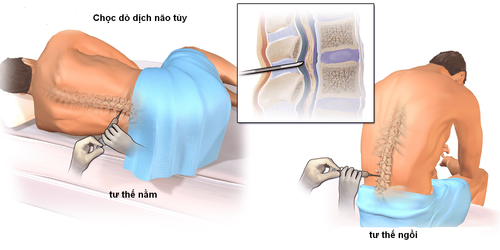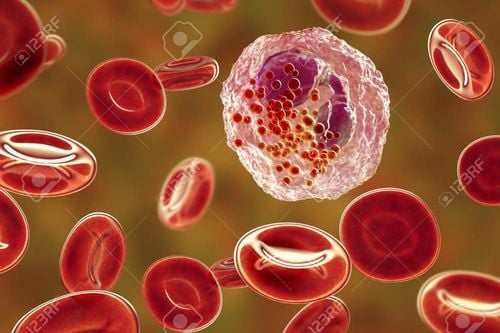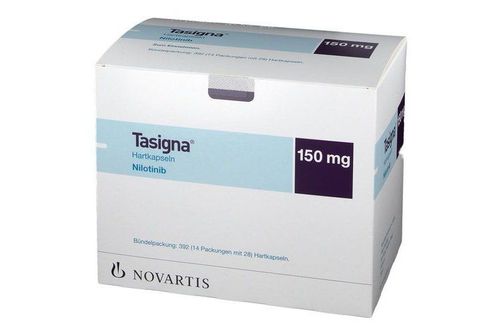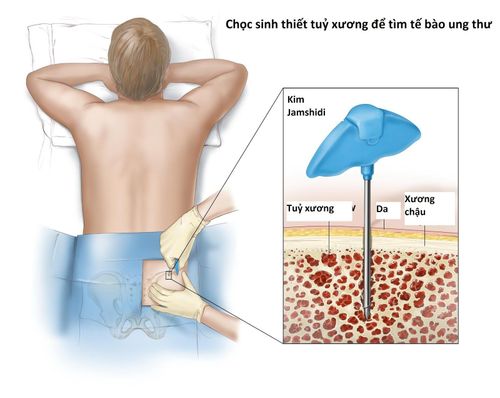This is an automatically translated article.
The article was professionally consulted by Specialist Doctor II Ho Viet Le Diem - General Internal Medicine - Department of Examination & Internal Medicine - Vinmec Central Park International General Hospital.White blood cells travel through the bloodstream and destroy viruses, bacteria, and foreign objects in the human body that can cause disease or inflammation. White blood cells form a defensive barrier to protect the body from foreign objects.
1. What are white blood cells?
Blood is made up of red blood cells, white blood cells, platelets, and plasma. The number of white blood cells (also known as immune cells) makes up only 1% of the blood but plays a very important role in fighting disease.Bone marrow makes blood stem cells, and these blood stem cells make red blood cells, white blood cells, and platelets. White blood cells are stored in the blood and lymphatic tissues. Because the lifespan of white blood cells is only 1-3 days, the bone marrow continuously produces blood stem cells to turn into white blood cells.
2. Types of white blood cells
Monocytes: 5 - 12% of white blood cells are monocytes. They live longer than other types of white blood cells and have a role in 'cleaning up' dead cells and fighting bacteria. Lymphocytes (T lymphocytes and B lymphocytes): Lymphocytes are also important in the immune system. T lymphocytes have a direct role in destroying some foreign objects in the human body. B lymphocytes play a role in humoral immunity by producing antibodies that are able to "remember" the cause of an infection and recognize the next time an infection occurs.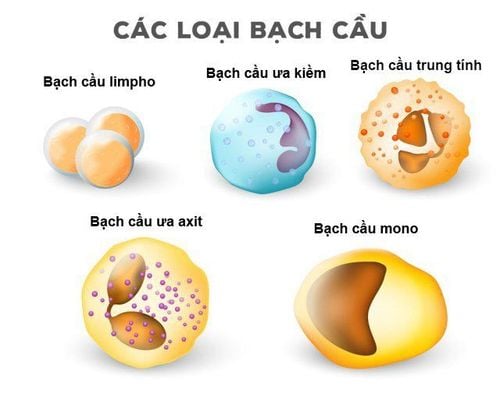
Các loại bạch cầu trong cơ thể
3. Causes of high white blood cell count

Mang thai là một trong các nguyên nhân số lượng bạch cầu tăng cao
Cancers such as blood cancers and bone marrow cancers (leukemia), lymphoma , myeloma Inflammatory diseases such as inflammatory bowel disease and autoimmune diseases Trauma types from fractures to stress Asthma and allergic reactions Exercise Pregnancy .
Please dial HOTLINE for more information or register for an appointment HERE. Download MyVinmec app to make appointments faster and to manage your bookings easily.
Articles refer to sources: wellhealth.com, Urmc.rochester.edu




